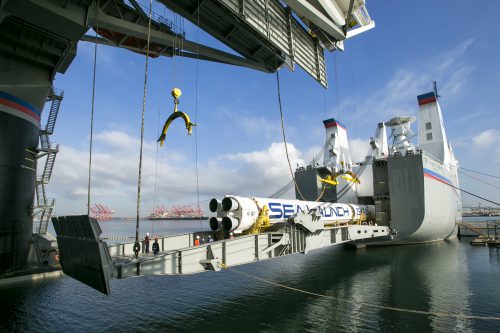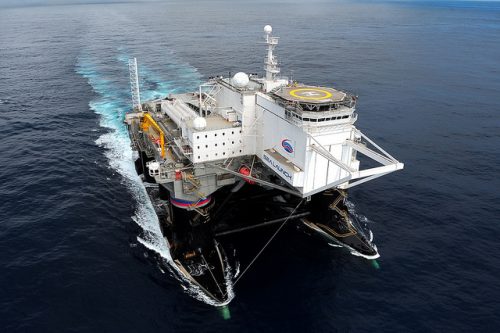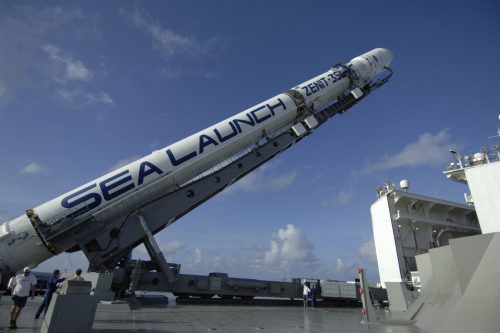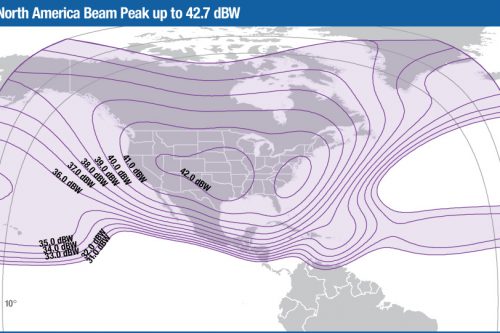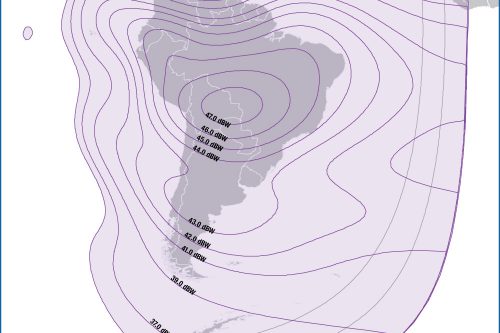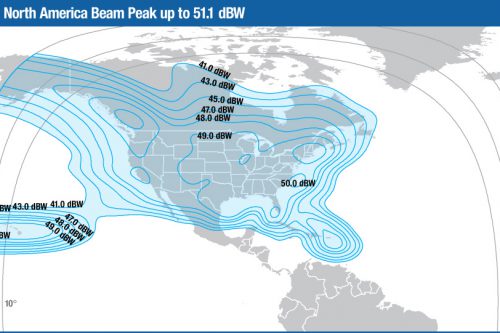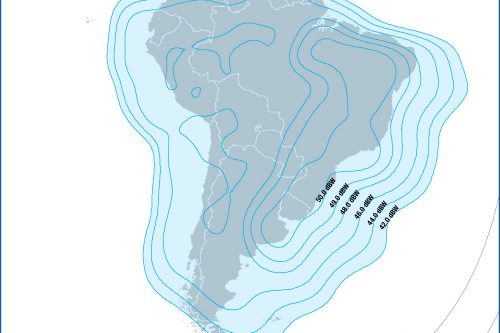
Back to selection
GEO Satellite
Galaxy-28 (G-28, Intelsat Americas 8, Telstar-8) GEO
succesfull

Active
Launch date
23 June 2005
Dedicated Mission
Country

Purpose
Communication
Position
89° West
Manufacturer
Operator
Launch operator
Launch vehicle
Zenit 3SL
Expected lifetime
15 Years
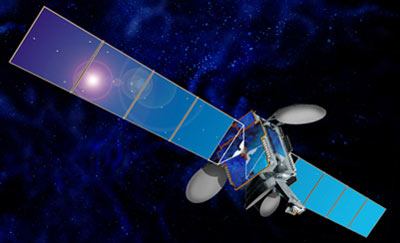
Regions
North America Region
South America Region
Telstar-8 and -9, both hybrid C-, Ka-, and Ku-band spacecraft, were scheduled for launch in 2003 and 2004, respectively. Loral Skynet’s customers used the satellites in a wide variety of applications, ranging from cable and DTH-television to Internet applications, to news gathering, distance learning, business TV, and telephony.
Built by Space Systems/Loral (SS/L) for Loral Skynet, Telstar-8 was one of the most powerful communications satellites ever designed. It was the first to be built on SS/L’s extended 1300 bus (SSL-1300S) and carries 92 transponders with a total end-of-life power of 16kW. The payload will include 36 Ku-band, 22 C-band, and 24 Ka-band active transponders, providing coverage across North- and South America.
In July 2003 Loral sold Telstar-8 to satellite operator Intelsat, renaming the satellite in turn to Intelsat Americas 8 (IA-8). In February 2007 Intelsat changed the name of the Intelsat Americas 8 satellite to Galaxy-28.
Telstar-8 was successfully launched on June 23rd, 2005 on a Zenit-3SL launcher operated by launch operator Sea Launch from the Odyssey launch platform.
GEO Satellite
Galaxy-28 (G-28, Intelsat Americas 8, Telstar-8)
succesfull
GEO Satellite
Galaxy-28 (G-28, Intelsat Americas 8, Telstar-8)
succesfull
